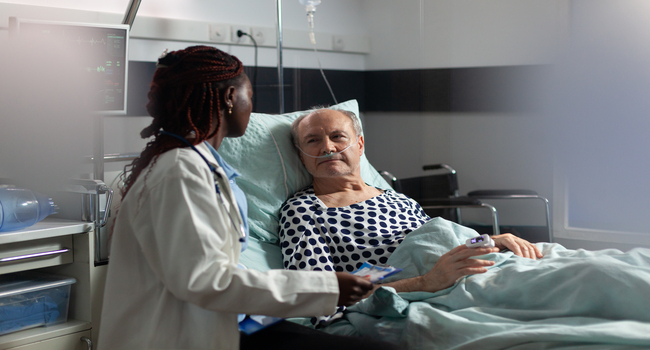
Postoperative delirium (POD) is a common complication among elderly patients who have undergone surgery. This acute brain dysfunction can lead to confusion, agitation, and even hallucinations. One of the factors that contribute to POD is postoperative pain. Effective pain management can reduce the risk of POD, and one method that has been shown to be effective is a thoracic paravertebral block (TPVB). This technique can provide not only superior pain relief but also anti-neuroinflammatory effects, which can reduce the risk of POD.
Clinical trial
In a clinical study, researchers investigated whether the combination of nerve block with general anesthesia reduced the occurrence of POD following thoracoscopic lobectomy for early-stage non-small cell lung cancer. The study involved 338 elderly patients, aged 65-80 years, who underwent elective surgery for video-assisted thoracoscopic lobectomy (VATS). The patients were randomly assigned to either a patient-controlled intravenous analgesia group (PIA) or a patient-controlled paravertebral-block analgesia group (PBA). POD was evaluated using the 3-min diagnostic confusion assessment method.
The results of the study showed that delirium occurred in 28% of cases in the PIA group and 16.5% of cases in the PBA group. This means that the nerve block was associated with a lower incidence of postoperative delirium. Furthermore, the PBA group had a higher rate of overall recovery quality at day 7 after surgery compared with the PIA group. Pain intensity was also measured using the visual analog scale score, and it was found that TPVB provided superior pain relief compared with intravenous analgesia.
